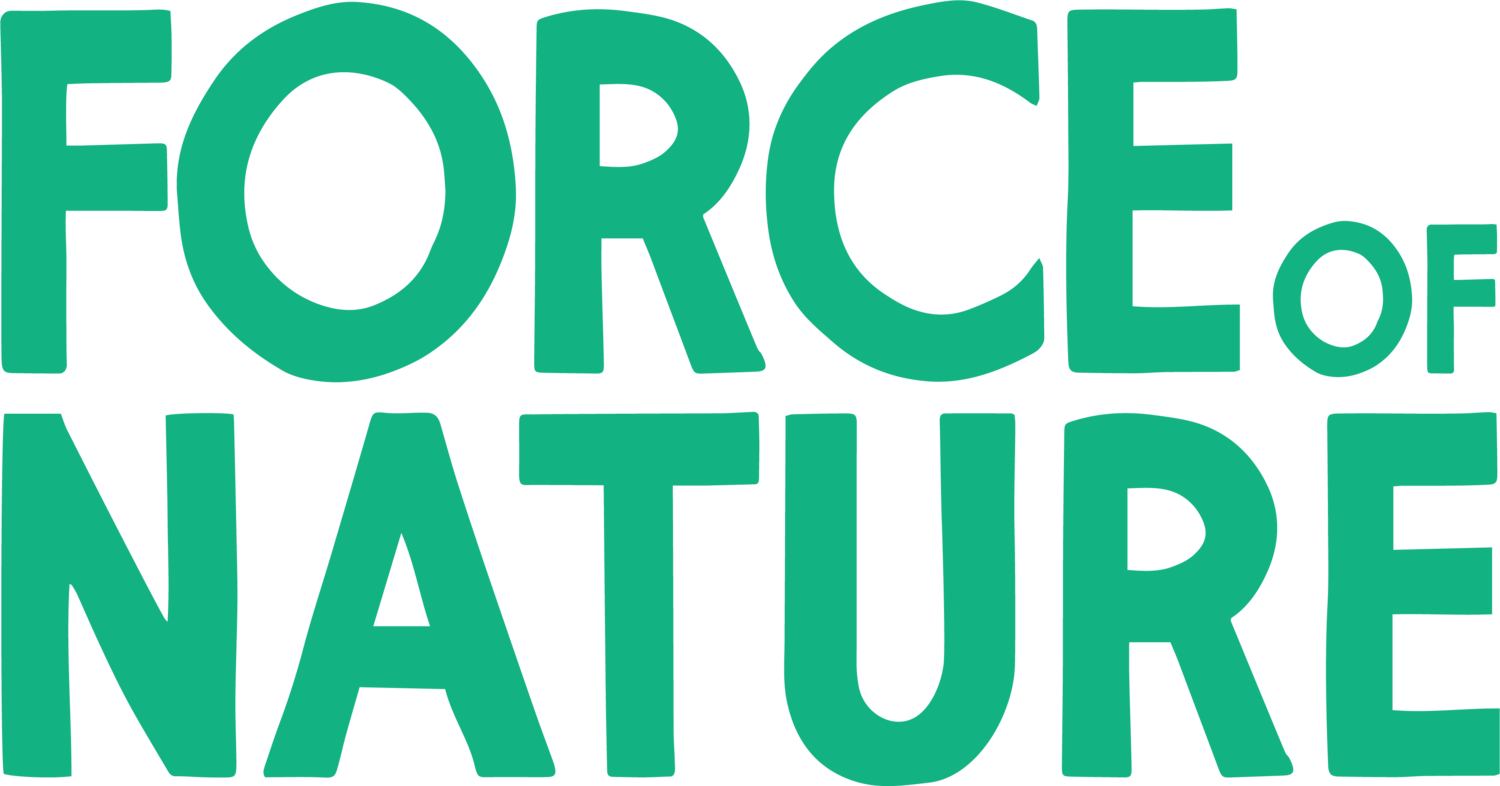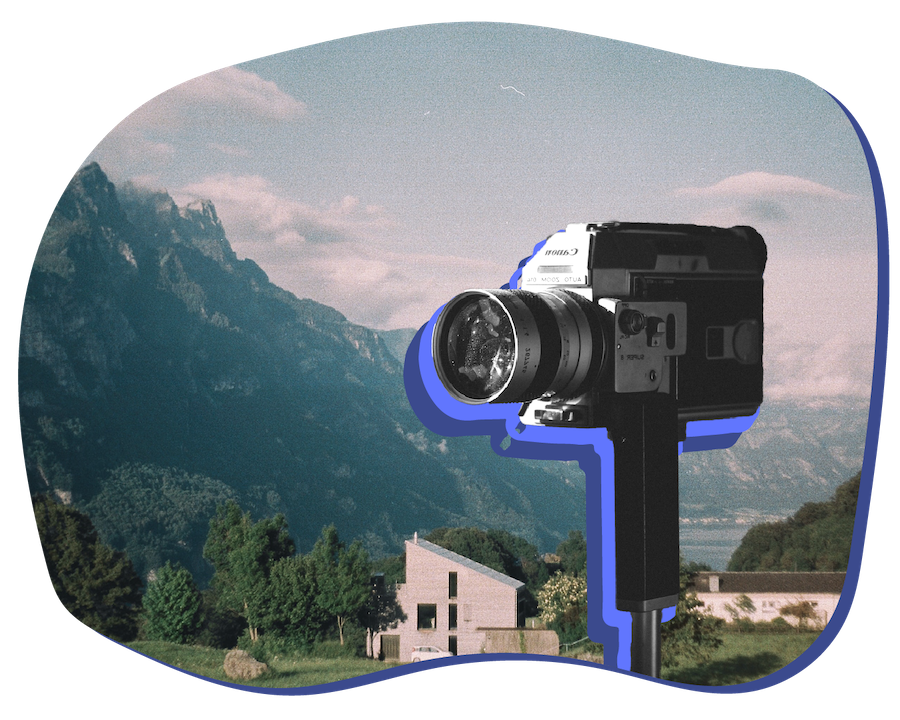How does media control the climate change narrative?
We need to talk about eco-anxiety
Authors: Ariane Compagnin
Editors: Clover Hogan, Sophie Palmer
My Story
My name is Ariane, age 22 years, from the East Coast of Australia. I have always felt privileged growing up so close to the beach and the mountains: constantly surrounded by nature.
At a young age I became aware of the impact of pollution on my hometown: the lasting effects that it would have both on the environment and myself. I was terrified and overwhelmed: I didn’t know how to solve any of it. Although at the time it was not a widely-used term, eco-anxiety set in and bound by my fear, it kept me from taking climate action.
Since starting university, I have become more interested in the way the climate change narrative has been sculpted by the media and activists online. My studies have led me to advocate for young people to shift the dominant narrative towards determination and grounded hope, instead of despair and paralysis.
Eco-Anxiety and Social Media
The first time I came across the term eco-anxiety was on an Instagram post describing the ‘symptoms’ which were all too similar to how I was feeling: constant worry about the future, grief toward what we’d already lost, and a general sense of being too small to do anything about such an enormous challenge.
Social Media as a Tool
As I woke up to eco-anxiety via social media, I also came to it as an instrument to navigate these difficult emotions. For the first time, I noticed its power to mobilise individuals to collective action. Environmentalists were some of the first activists to take advantage of this tool in the early 1990s, with Don Ritter encouraging people to use the then-brand-new internet to help facilitate social change in the groundbreaking book Ecolinking: Everyone’s Guide to Online Environmental Information, published in 1992. Providing a collection of resources and a guide to being online, Ritter aimed to ‘link up the worldwide environmental community [with a] tremendous reservoir of talent’ and dreamed of ‘a potentially powerful lobby.’
During the COVID-19 pandemic, whilst the various lockdowns have disrupted traditional protest, climate activists have creatively and successfully spread their message online. Whether this be through partaking in digital climate strikes, bombarding impassive corporations with a twitterstorm, or following the Earth Day livestream, social media has been vital in enabling collective action to continue, and has provided unique opportunities for people to connect on a global level. It has offered a platform for those usually on the sidelines: as young people we now have the potential to attract the attention of a celebrity or politician through a single tweet.
However, social media is both a blessing and a curse when it comes to reframing the climate change narrative. It can enable extensive collaboration, but it can also act as an echo chamber, filtering content the algorithm finds relevant and interesting to the user. This has led to misinformation and a proliferation of conspiracy theories in recent years.
The Story That We Have Failed to Tell
Jack Harries, who features in Episode Two, Season Two of the Force of Nature podcast, says:
"If we look at the climate story over the last 30 - 40 years very often it has focused on doom and gloom, and denial. We have failed to communicate the human impact. Which is a shame because as people we are moved by human stories. If we instead said that in 30-40 years they'll be food shortages and crops will fail en masse, suddenly that animal instinct within us wakes up. In many ways, climate change is the story we failed to tell."
As Jack highlights, there is much talk about ‘saving the planet’ - when in actuality, the earth will continue to turn with or without us. We must, however, come together and reframe this pessimistic narrative to one of determination to conserve our own species - and all life that we share this planet with.
Once individuals and society can come to terms with the need to protect each other and all other forms of life, adaptive climate action can be taken. By becoming intersectional in our environmentalism, focusing on the protection of both people and the planet and drawing on multiple world views, the dominant narrative can become strategic in its approach. We can recognise the disproportionate effects of climate change on the Global South, exacerbated by the corporate greed of the Global North, and fight against these injustices that are intertwined with those affecting our natural ecosystems.
Reframing Our Narrative
Traditional media often perpetuates eco-anxiety, however, as users of social media we now have a platform to share - and raise - our voices. . We have the power to question and educate those opposing the current threat of climate change by critically analysing our sources and researching recent and reliable data online. By reducing the amount of doom and gloom we digest, we can focus on the current good that is happening around the globe - and this can inspire us to take our own action.
I’m still learning how to manage my eco-anxiety day by day, and figuring out when I feel well enough to engage in climate content - or stop the doom scrolling. I have found comfort in taking small steps in being proactive towards following a vegetarian and zero-waste lifestyle. A certain level of climate disruption is already locked in, due to historic emissions - yet scientists tell us there is still about a 50/50 chance of being able to avoid the worst of climate tipping points. When it has never felt easier to visualise the end of the world, we need - more than ever before - to imagine what another world could look like. That includes storytelling; platforming grassroots solutions; using the tools we do have, like social media, to mobilise action en masse.
Climate change might be the story we’ve failed to tell. Yet, as a generation, we have the chance to become custodians of a future by our own design. To quote Clover Hogan in the podcast, “We have the opportunity to rewrite so many of the world's wrongs. There is another world after this, which looks very different from the one we have now. That world is ours to create. Telling that story might be harder - but it's essential.” In the wise words of Charles Darwin, ‘It is not the strongest of the species that survive, nor the most intelligent, but the one most responsive to change.’
You can listen to Episode 2, Season Two of the Force of Nature podcast here.

